
In over 2,000 cities and municipalities in Bavaria, city and municipal councils and mayors will be elected on 8 March. Rumours of possible election manipulation are already circulating in the run-up. Daniel Hellmann spoke to BR24 Faktenfuchs about this and explained which mechanisms ensure that the elections are nevertheless held safely.
Presentation of the dissertation by Martin Klausch (Helmut-Schmidt University) at the IParl Research Colloquium, Berlin.

Coalition governments are the norm at both federal and state level. Oliver Kannenberg talks to Sabine Schmidt-Peter about fundamental and more in-depth aspects of coalitions in politics in the podcast by the Brandenburg State Centre for Political Education.
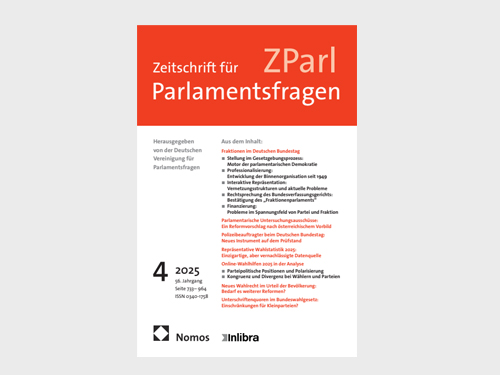
How have the political groups in the German Bundestag professionalised their organisational structure since 1949?
Danny Schindler and Theresa Pescht look at structures of vertical and horizontal division of labour as well as the scope and level of detail of internal rules. They also show that the parliamentary groups are professional democratic collective actors.
Lecture by Oliver Kannenberg at the workshop „Continuity and Change after the Transition form Authoritarian Rule“ organised by the Southeast Europe Society in cooperation with the Centre for Southeast European Studies, University of Graz.
Presentation of the dissertation by Marius Minas (University of Trier) at the IParl Research Colloquium, Berlin.
Online lecture by Anastasia Pyschny as part of the „Forum Bachelor“ course at Martin Luther University Halle-Wittenberg.

In the podcast by the Brandenburg State Centre for Political Education, Daniel Hellmann talks to Sabine Schmidt-Peter about what parties are, what their function is and what makes up the party system in Germany.
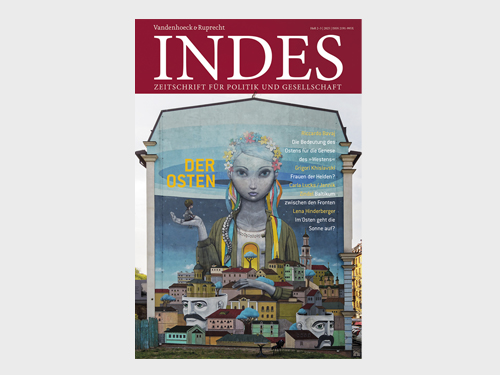
The participation of the member base in important internal party decisions has been a growing trend in Germany for several years. However, member surveys in the aftermath of coalition negotiations in particular have repeatedly attracted criticism. In their article, Danny Schindler and Oliver Kannenberg analyse the empirical trend, the underlying logic of action and the implications for coalition governments.
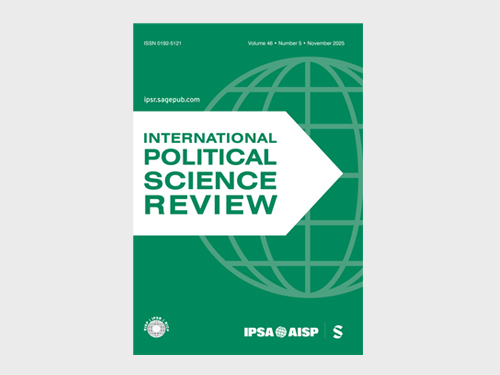
How hierarchical or participation-friendly is the decision-making process in parliamentary groups? Danny Schindler and Oliver Kannenberg have investigated this question in an international comparative study on parliamentary group rules of procedure.
Presentation of a book project by Dr Burkhard Conrad (lecturer at the University of Hamburg) at the IParl Research Colloquium, Berlin.

Never change a running system? In his essay, Kevin Settles sees AI systems in parliaments as part of a democratic "operating system" that stabilises procedures and processes information complexity. Digital infrastructures thus increase the resilience of parliamentary democracies, but at the same time emphasise the tension between efficient procedural control and open democratic negotiation.

What actually happens when a petition is submitted to the Bundestag? How is it decided which issues are dealt with in the Bundestag and what role does the Petitions Committee play in this? In this episode of the Zwischenruf podcast, we talk about how petitions work, what impact they can have and how they shape the relationship between citizens and parliament. Our guests are Angelika Pendzich-von Winter, former Head of the Petitions and Submissions Department at Bundestag, and Bundestag MP Corinna Rüffer, Chairwoman of the Petitions Committee for the Greens and member of the Labour and Social Affairs Committee. Together we will take a look behind the scenes of parliamentary petition work, from the first signature to a possible change in the law, and discuss the opportunities and challenges that lie in this special instrument of citizen participation.
Presentation by Kevin W. Settles in the panel "Use of Artificial Intelligence in Organisations and Institutions" during the workshop "Hybrid Systems and Actor Constellations" at Zeppelin University Friedrichshafen
Keynote speech and workshop led by Danny Schindler at the 29th Theodor Litt Symposium "Party Democracy in Motion - Between Crisis of Confidence, Need for Reform and Democratic Renewal", Zeitgeschichtliches Forum Leipzig.
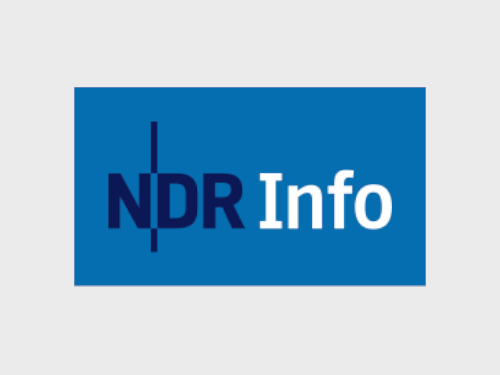
The issue of the pension (package) will probably accompany the government throughout the entire election period. Danny Schindler spoke to NDR about the role of the coalition committee and political leadership as compromise management.
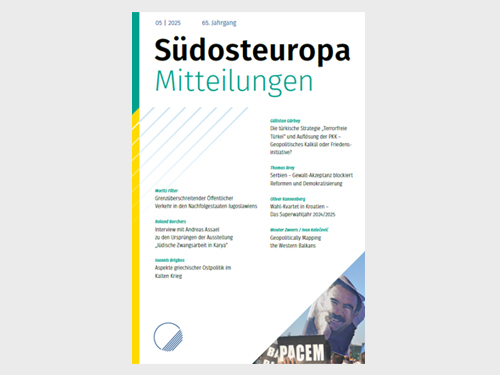
The citizens of Croatia were called to four different elections within 13 months. Oliver Kannenberg writes about the astonishing stability of the party landscape with the simultaneous dominance of two "strong men" in his article for Südosteuropa Mitteilungen
Presentation of the dissertation project by Michael Bannert (Rheinland-Pfälzische Technische Universität Kaiserslautern) at the IParl Research Colloquium, Berlin.
Sign up to receive updates, promotions, and sneak peaks of upcoming products. Plus 20% off your next order.